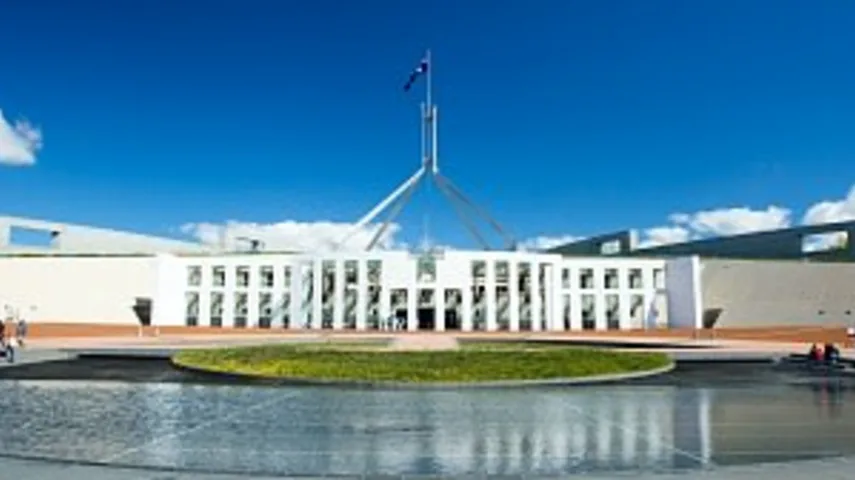New APRA chair details super priorities



In his inaugural speech to the Senate Economics Legislation Committee, APRA chair John Lonsdale has told the committee it is focused on addressing superannuation fund underperformance.
Lonsdale, who took over as chair from Wayne Byres at the end of October, said APRA’s focus was on fund underperformance and ensuring trustees were focused on member interest.
“As the new chair, I want to ensure APRA continues to protect the financial wellbeing of the Australian community with a strong and stable financial system.
“The challenges in front of us are significant – a rapidly shifting macro-economic environment, rapid technological development that challenge business models and regulation, cyber threats, insurance affordability pressures, climate change and improving the performance of our superannuation system to name a few.”
Looking specifically at super, he said a review of the Your Future, Your Super reform was underway which would give stakeholders an opportunity to discuss possible enhancements to the performance test which APRA said “makes good sense”.
The past test earlier this year had seen four MySuper products closed to new members which was described as positive change.
“We have seen a steady flow of trustees acknowledging that their members would be better placed in the hands of another, better performing trustee and this consolidation is driving costs down and seeing more members in better performing products,” Lonsdale said.
In December, it would publish its fourth super heatmap which would add to transparency around fund performance and fees.
It would also release a number of consultations for the super industry on superannuation transfer planning, strengthening financial resilience, and investment governance over the coming months.
Recommended for you
Australia’s largest super funds have deepened private markets exposure, scaled internal investment capability, and balanced liquidity as competition and consolidation intensify.
The ATO has revealed nearly $19 billion in lost and unclaimed super, urging over 7 million Australians to reclaim their savings.
The industry super fund has launched a new digital experience designed to make retirement preparation simpler and more personalised for its members.
A hold in the cash rate during the upcoming November monetary policy meeting appears to now be a certainty off the back of skyrocketing inflation during the September quarter.










